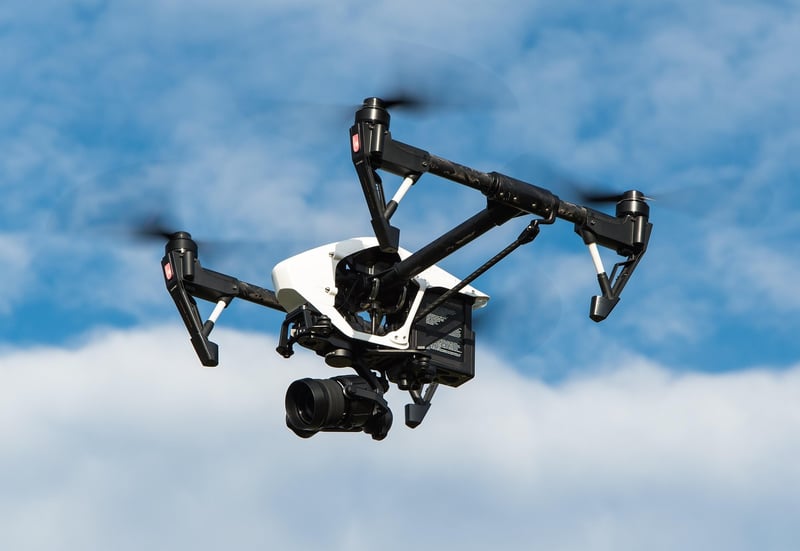Remote Piloting
The Future of Transportation: Remote Piloting of Vehicles
In recent years, technological advancements have revolutionized the way we think about transportation. One of the most exciting developments in this field is the concept of remote piloting, where vehicles can be controlled from a distance using sophisticated systems and technologies.
What is Remote Piloting?
Remote piloting, also known as remote operation or teleoperation, involves controlling a vehicle from a distance. This can be done using various methods such as radio waves, infrared signals, or even the internet. Remote piloting is commonly used in unmanned aerial vehicles (UAVs), drones, autonomous cars, and even underwater vehicles.
The Benefits of Remote Piloting
There are several benefits to remote piloting of vehicles:
- Increased Safety: Remote piloting allows vehicles to be operated in dangerous or hard-to-reach areas without risking human lives.
- Efficiency: Vehicles can be controlled more precisely and efficiently from a remote location, reducing the margin of error.
- Cost-Effectiveness: Remote piloting can lead to cost savings by eliminating the need for on-site operators.
- Exploration: Remote piloting enables exploration of remote or hazardous environments without putting humans at risk.
Applications of Remote Piloting
Remote piloting has a wide range of applications across various industries:
- Delivery Services: Companies like Amazon are exploring the use of drones for delivery services, enabling faster and more efficient deliveries.
- Surveillance and Security: Drones equipped with cameras are used for surveillance and security purposes, monitoring large areas from a remote location.
- Search and Rescue: UAVs can be deployed in search and rescue missions, reaching areas that are inaccessible to humans.
- Entertainment: Remote-controlled cars and drones are popular in the entertainment industry for racing and aerial shows.
The Future of Transportation
As technology continues to advance, the possibilities for remote piloting in transportation are endless. From autonomous cars to flying taxis, the future of transportation is set to be safer, more efficient, and more sustainable thanks to remote piloting technologies.

Remote piloting is not just a concept of the future; it is already shaping the way we think about transportation today. With its numerous benefits and diverse applications, remote piloting is set to revolutionize the way we travel and transport goods in the years to come.
Are you ready to embrace the future of transportation through remote piloting?
